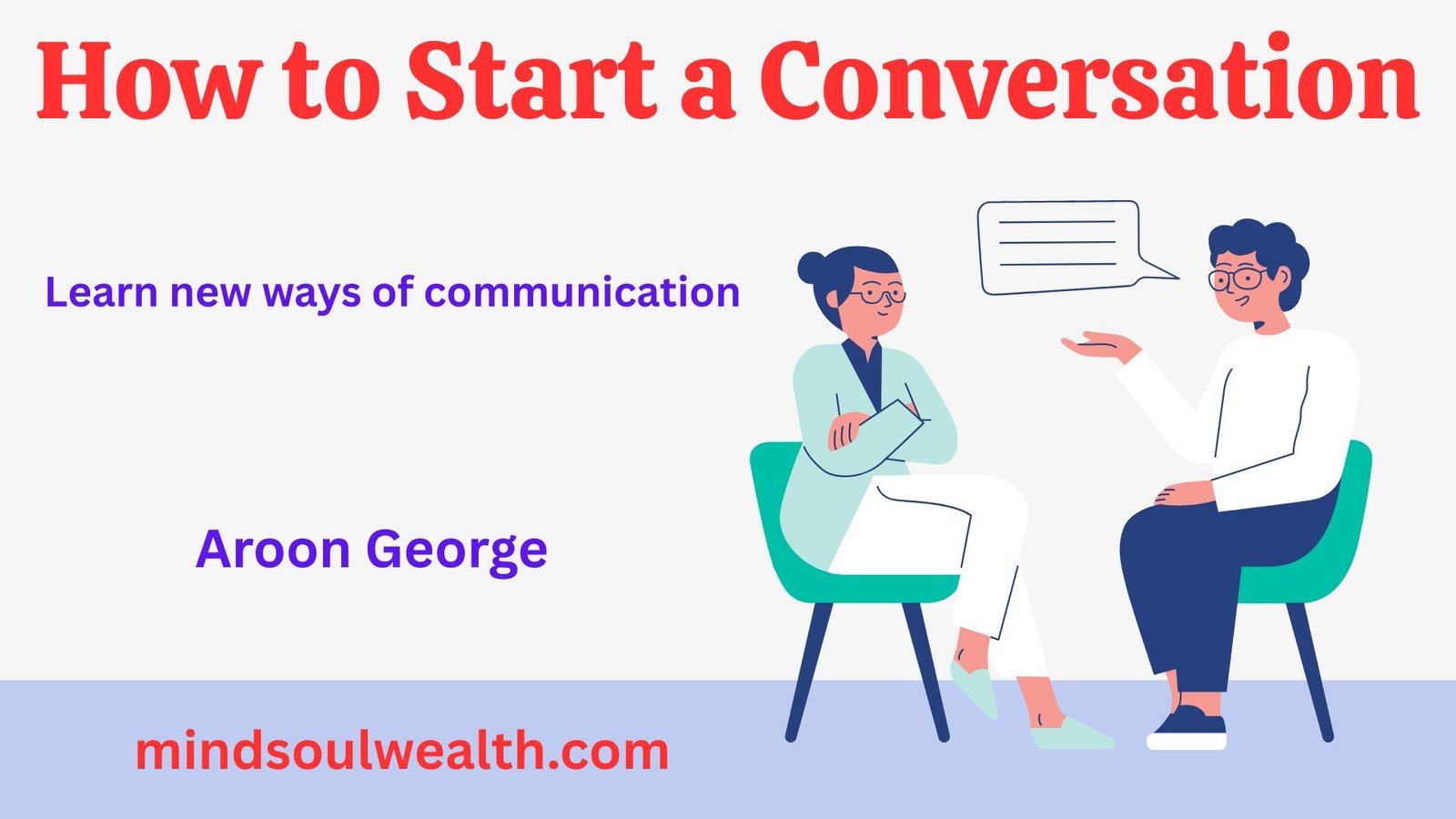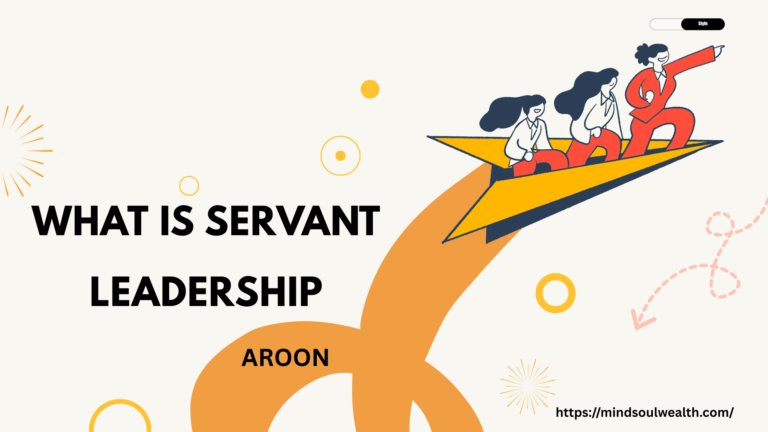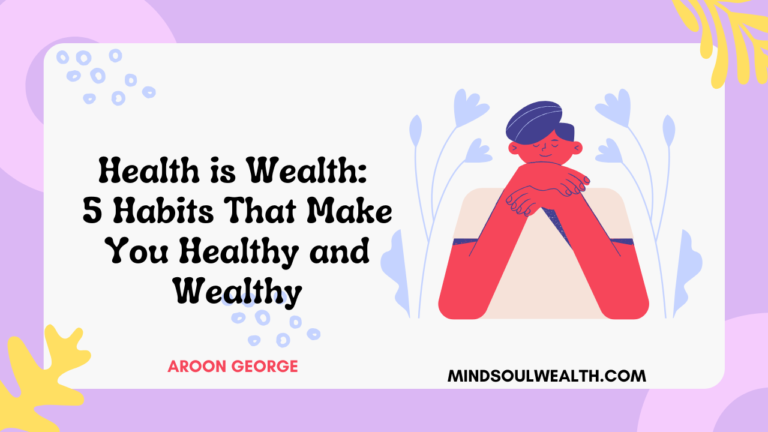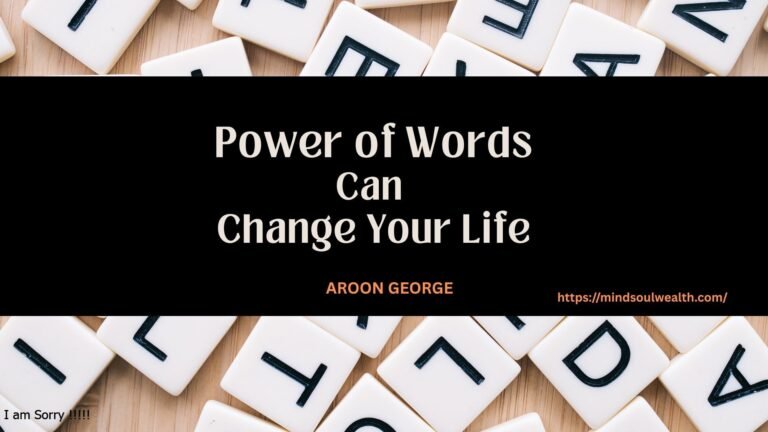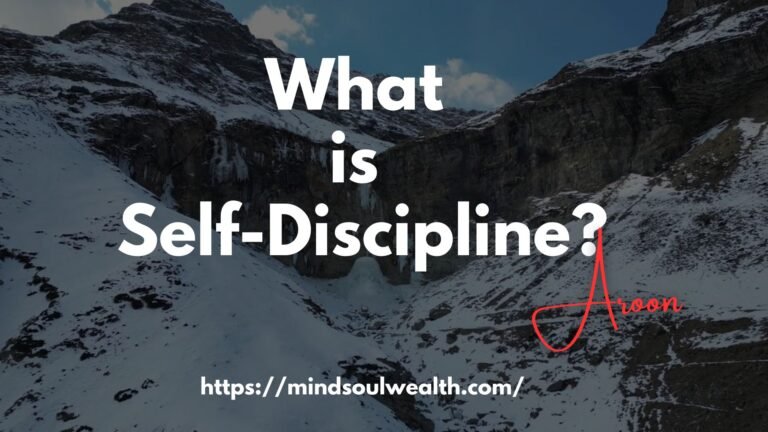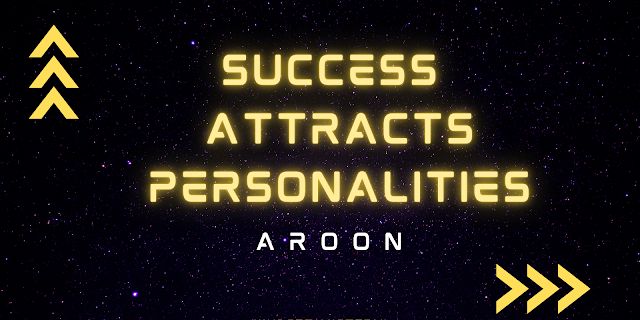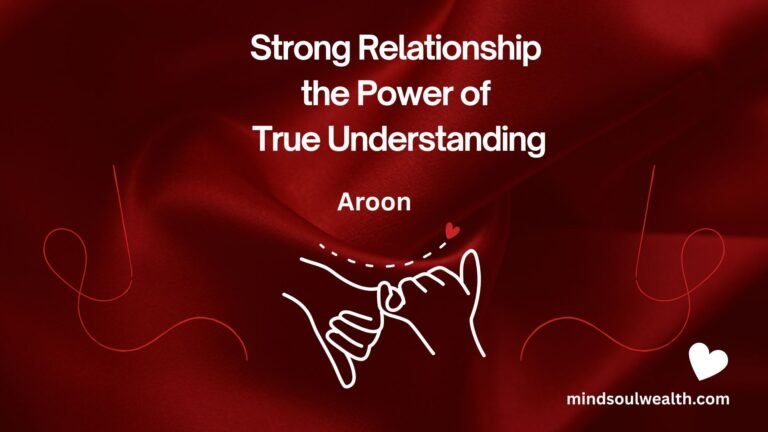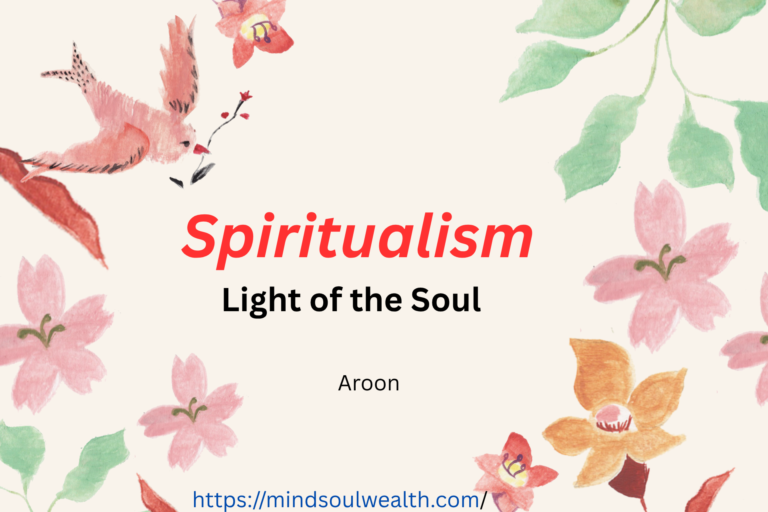Conversation is an art, not a challenge, and anyone can learn it. With the right approach, you can master how to start a conversation and create meaningful connections. This article will teach you practical steps to begin and sustain conversations, whether you’re meeting new people or building relationships. It will boost your confidence, strengthen relationships, and leave a lasting impact on your personal and professional life.
The Energy Foundation: How to Start a Conversation with Confidence
Ever notice how your mood shapes a conversation? High energy sparks meaningful connections—smile and say, “I’m thrilled to meet you!” at a networking event, and others smile back. People with vibrant energy connect easily, radiating kindness and enthusiasm. Low energy, from lacking purpose, isolates you. Use conversation starters like open-ended questions to start a conversation with confidence and build stronger relationships
Your Inner State Matters: The Psychology of Effective Communication
If you’re a doctor and you’re sick, how can you heal others? First, you need to be healthy yourself. The same principle applies to communication—if you’re not feeling well mentally or emotionally, it’s difficult to have meaningful conversations. Good conversation comes from a balanced and focused mindset. When your mindset is strong and advanced, your conversations will reflect that strength and clarity. This inner stability is crucial for building strong relationships that can withstand challenges.
Look around—people often argue and fight over meaningless things. To avoid getting caught in such negativity, you must take care of both your body and your mind. A healthy body and a healthy mindset are the foundation for peaceful, powerful, and purposeful interactions.
Treat People Well: Building Rapport and Connection
How others feel during a conversation truly matters. Always approach people with respect, kindness, and love. When these qualities live within you, your conversations become more meaningful and uplifting. Think positively, avoid speaking negative words, and don’t allow harmful thoughts to take root in your mind.
When you treat people well, do it without judging their class, religion, gender, or status. See them as human beings, and treat them with your heart and soul. Real connection begins when we value others simply for who they are. This approach leads to strong relationships based on genuine understanding and mutual respect.
Be Honest: The Foundation of Authentic Communication
Be honest—don’t hide the truth or present a fake version of yourself. Believe in who you are, and offer your genuine self to everyone you meet. Avoid fake or empty conversations; they may seem harmless, but they drain the mind, heart, and soul.
Honesty is like nourishment—it feeds your inner self. When you live and speak with honesty, you feel lighter, stronger, and more connected to others. This authenticity is a key trait of great leaders who inspire trust and respect. Let truth be your foundation in every interactio
Conversation Is a Feeling: The Emotional Side of Communication
Conversation is more than just words—it’s a feeling. People can sense your energy through the way you speak. Remember that words have incredible power to create feelings and build connections. When your conversation comes from a place of truth and love, others will feel it deeply. But if someone hides their true self or tries to deceive, the connection is lost, and the relationship fades.
The beauty of conversation lies in mutual feeling and understanding. Speak with love, choose your words with care, and never allow negativity or harmful discussions to take over. Set boundaries—don’t allow anyone to bring toxic energy into your space. Let every conversation reflect kindness, respect, and sincerity.
Growth and Development: Conversations That Transform Lives
Growth and development should be a big part of conversation. If you do not follow this principle, you will never get good results in conversation. Conversation is an exchange of power—the power of growth and development. If people do not grow through conversation, they will never engage in it again.
You have to learn the skills of meaningful dialogue and understand what real growth and development mean. At the end of every conversation, if you do not feel changed, you should question whether the conversation was worthwhile. This principle aligns with effective leadership practices where growth and development are essential. Before conversation, you should develop your conversational abilities, and this will become the foundation for developing life—your own life and the lives of others.
Personal development through conversation: Every meaningful conversation should leave both parties with new insights, perspectives, or understanding. This is what transforms casual chats into life-changing interactions.
Practical Tips for Starting Conversations
How to Start a Conversation with Strangers
- Begin with a genuine compliment or observation about your shared environment
- Ask open-ended questions about their interests or experiences
- Share something authentic about yourself to create reciprocity
How to Start a Conversation at Work
- Focus on shared projects or professional interests
- Ask for advice or opinions on work-related topics
- Share insights that can benefit your colleagues
How to Start a Conversation on Social Media
- Comment thoughtfully on posts that resonate with you
- Ask questions that encourage deeper discussion
- Share your own experiences related to their content
Common Conversation Mistakes to Avoid
What Not to Do When Starting Conversations
- Starting with complaints or negative topics
- Making assumptions about the other person
- Dominating the conversation without listening
- Using your phone or getting distracted
- Avoiding eye contact or showing disinterest
Building Long-Term Conversational Skills
Developing Your Communication Abilities
Developing excellent conversation skills is a lifelong journey. Practice active listening, cultivate genuine curiosity about others, and continuously work on your emotional intelligence. Master the art of listening to become a truly skilled communicator. The more you practice these skills, the more natural and effective your conversations will become.
Conclusion: The Art of Meaningful Connection
Conversation is an art that begins within. It’s not just about what you say, but how you feel when you say it. When your inner world is full of love, honesty, and positive energy, your words carry power and purpose. To create meaningful connections, you must first connect with yourself—nurture your mindset, treat others with compassion, and speak from the heart.
Every conversation is an opportunity to inspire, heal, and understand. Make your words a reflection of your best self, and let your energy leave a lasting impact on those around you. In the end, it’s not just about talking—it’s about truly connecting.
Remember, learning how to start a conversation is just the beginning. The real magic happens when you approach each interaction with genuine care, authentic presence, and a desire to understand and connect with another human being.
